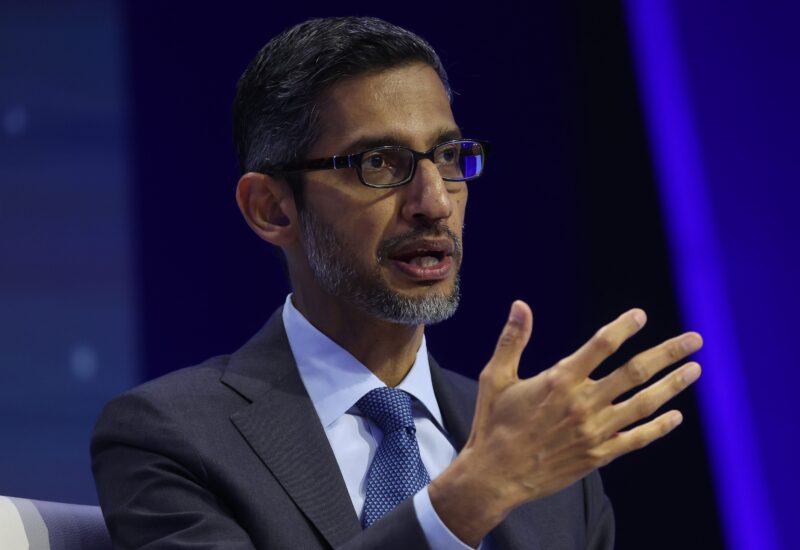
- A naked option is one sold by someone who doesn’t own the underlying security the contract’s based on.
- Naked options potentially let traders pocket the option fee without ever having to invest any money.
- Naked options are highly risky: Losses can be high if the seller has to honor the options contract.
- Visit Business Insider’s Investing Reference library for more stories.
Options trading has become increasingly popular with investors over the last few years – they’re a way to lock in good prices on stocks without being obliged to actually purchase if they don’t perform as predicted. There is, however, a type of option which is particularly risky, even if it appears to offer a way of profiting at a minimal cost.
It’s called a naked option and relates specifically to selling (or writing, in traders’ lingo) option contracts. An option is a naked one if it involves a stock (or another asset) that the option seller doesn’t already own. The seller writes the naked option in the hope that they can receive the premium – the fee – for the options contract without having to actually spend money in advance to buy the underlying stock.
It’s a tempting strategy, allowing traders to pocket the premium for just writing the option, without having to invest in the stock first (or maybe ever). But it’s also a highly dangerous strategy, leaving the seller highly exposed to loss.
What is a naked option?
“Naked options means you are holding an options position without having a position with the underlying stock,” says Edward Moya, a senior analyst at Oanda.
In other words, when a trader sells a naked option, they are selling an option without being in possession of the stock the option agreement is about. That means they aren’t covered in the event the buyer of that option exercises it.
Naked options relate only to selling (i.e. writing) an options contract rather than buying it. Naked options come in two varieties: naked calls and naked puts.
Naked call options
A call option lets the purchaser of the option buy a stock at a certain price (the "strike price") within a certain timeframe. If you sell a call option, it means you will have to sell the underlying stock if the option is exercised.
This becomes a naked call when you don't already own that stock to sell it.
As an example, let's say you sell a call option for 100 shares in Company X with a strike price of $500, but without actually owning 100 Company X shares. This is a naked call. The premium is $10 per share, or $1,000 total.
Now, let's say Company X's stock doesn't flourish - in fact, it sinks down to $450 a share. Obviously, the options-holder sees no point in paying $500 for it, so they let the option expire. But you get to keep the $1,000 premium.
But suppose the opposite happens. If Company X's stock rises above $500, to (let's say) $600, the holder of the option will almost certainly exercise it. Without owning any stock in Company X, you will therefore be obliged to buy 100 shares in X at the market rate, which is now $600.
Needless to say, you'll take a loss from this deal to the tune of $1,000.
Naked put options
Naked put options involve selling a put contract, which would oblige you (as the writer of the contract) to buy a security at a set price if exercised.
The naked put has the same potential reward as the naked call, only with the stock moving in the opposite way. If the stock rises above the strike price, the put-option holder (who bet it would fall) will let the option expire, letting the option seller walk away with the premium.
But if the underlying stock's price falls below the strike price, the option-holder will certainly exercise the option, allowing them to make a profit. If you're the writer of the put contract, you will therefore have to buy this stock at the strike price, and you will take a loss if you then sell it at the lower market price.
Who uses naked options?
The main attraction of naked options is that they potentially offer traders income without significant cost. That income is the premium - the fee the option buyer pays for the option. With naked options, the aim of the options writer is to pocket this premium without having to spend money on owning or shorting the corresponding stock.
"Experienced traders who have a strong belief they have a handle on what the short-term move of a stock will be, will often consider trading naked options," says Edward Moya.
That said, the seeming promise of 'easy money' has also attracted less experienced traders with a higher threshold for risk.
"Legions of new stock traders eventually dabble with options, and the ones that trade naked options quickly learn of the big risks that come with it," says Moya.
Why are naked options risky?
There are two main reasons why naked options are one of the riskiest trading strategies out there.
- Large losses: Regardless of whether it's a naked call or put, losses are potentially unlimited. With naked calls, a trader runs the risk that the stock they may be forced to sell (but don't currently own) witnesses considerable price rises. With naked puts, they may end up having to buy a stock at a price that's considerably higher than the price they will then be able to sell it for on the open market.
- Direction and timing: With naked options - as with options in general -you need to have a very strong handle on not only the way a security might move but also when it will make its move. This is taxing even for the most experienced professional analysts, let alone novice traders. "Identifying the right direction of a stock and timing makes trading naked options very difficult," says Moya.
The financial takeaway
A naked option is an option contract you sell without actually owning the underlying security the contract's written on. In the case of naked calls, this involves selling a call option without already owning the underlying security, while in the case of naked puts, it involves selling a put option without short-selling the security.
Naked options are tempting because they potentially let traders pocket the premium for writing options without having to buy any stock in advance - or even at all, if the option goes unexercised.
However, the strategy can open investors to significant losses. Without actually owning the underlying stock, "there is no hedge in the position - you're basically gambling as to whether a stock will go up or down," says Robert Ross, a senior equity analyst at Mauldin Economics.
This is why, as a strategy, naked options should be used only by highly experienced traders and investors - if ever.
Related Coverage in Investing:
Long call options vs. long put options - what 'going long' in options trading means
How to diversify your portfolio to limit losses and guard against risk
Alternative investments are exotic assets that can diversify your portfolio - here are the five major kinds and everything you should know about them
'Buy the dip' means purchasing a promising stock when its price drops, assuming a fast rebound and future profits
Trading and investing are two approaches to playing the stock market that bring their own benefits and risks
Dit artikel is oorspronkelijk verschenen op z24.nl









